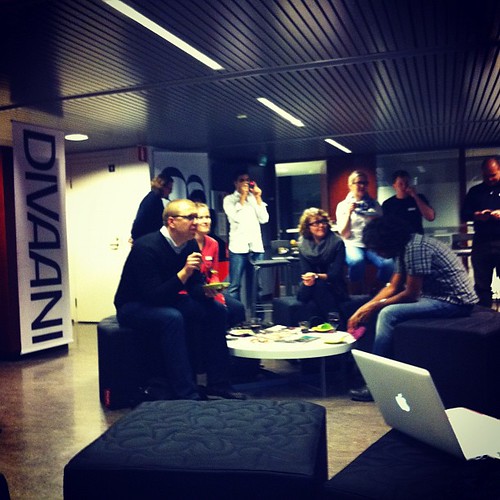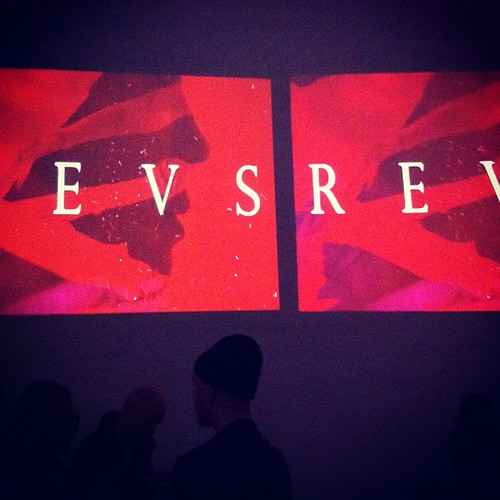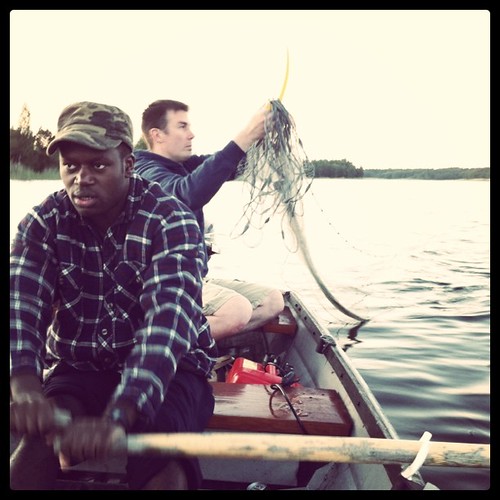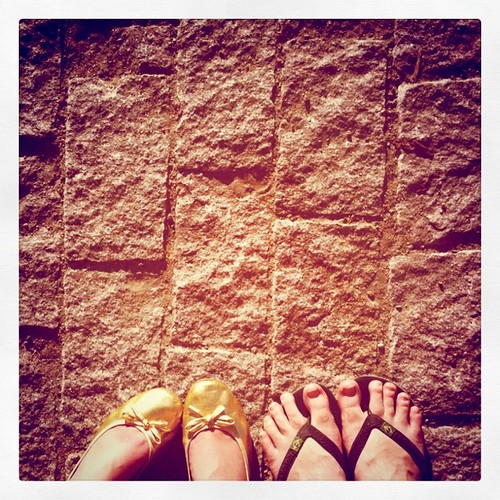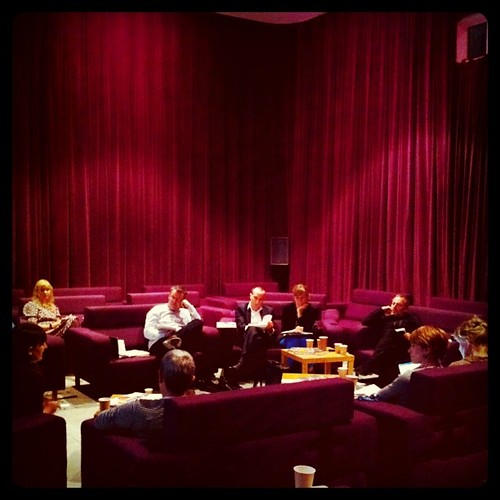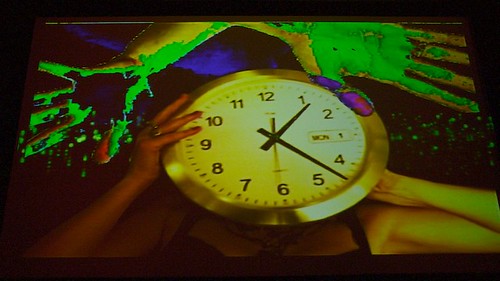What I am interest is the communal aspect of the service. It heavily focuses on recipes, travel imaginary and to some length fashion. For anyone interested in these, the site is interesting. However, the huge and growing adoption of Pinterest might eventually be the downfall. It might not be able to hold up to its community and therefore loose users to more highly niche focused communities. Curation is not curation if will not be able to edit out the unnecessary noise. Even following feature will not be enough eventually.

So what if we look this from another perspective. What is we think curation as a disruption to marketing, rather than just another social network. Currently online marketing is push with high volumes of banners. What if marketers would enable cashpools for users to create curated contents around topics, and earn real revenue from their curation work.
I think by creating well operating service that enables focus around nodes of interest or brands, we can enable these nodes to create actions that are fulfilled by the crowd. This crowdsourcing will boost highly focused and curated content for relevant target groups. All evolving around the node, rather than in a huge mass of different content. That is the real disruption potential of curation.
Marketers, remember. This could also make the world better by distributing revenue around to the best users. Do not think people are willing to work for free forever. I’m most certainly going to look at niche-curation content platforms as a powerful way to encourage a meaningful interaction with prospects and buyers.

